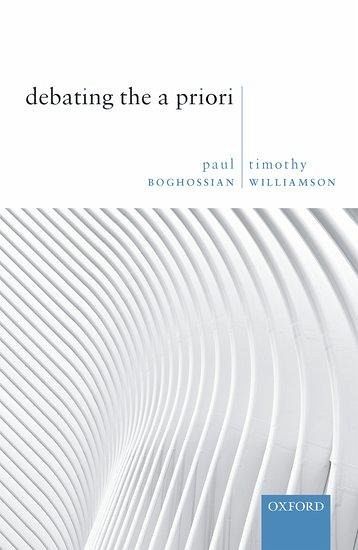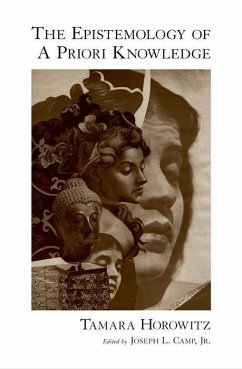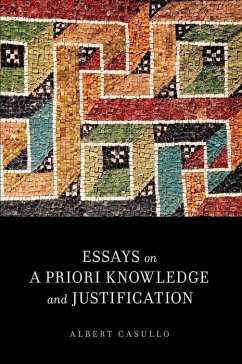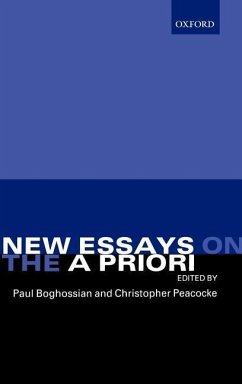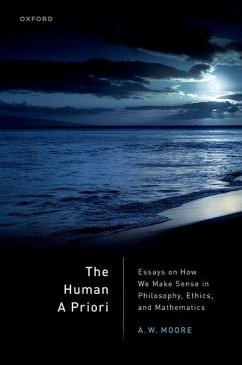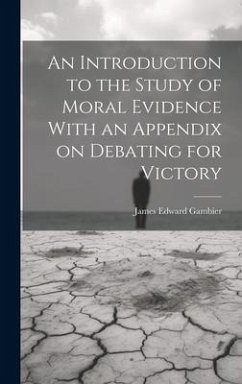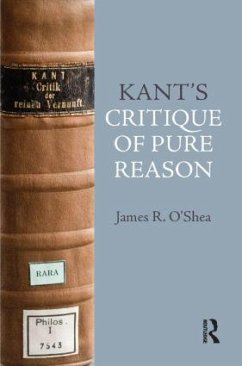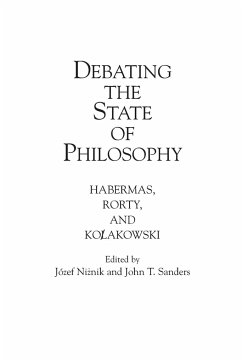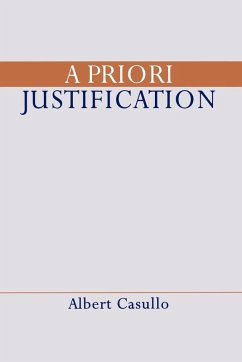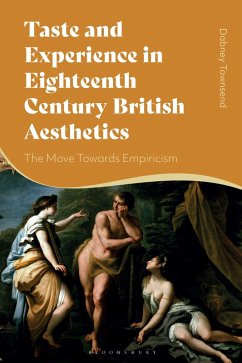Timothy Williamson is the Wykeham Professor of Logic at the University of Oxford and a Fellow of New College Oxford. He was previously Professor of Logic and Metaphysics at the University of Edinburgh, and has also taught at Trinity College Dublin, and as a visitor at MIT, Princeton, the Australian National University, the Chinese University of Hong Kong, and elsewhere. He has published Identity and Discrimination (Wiley-Blackwell, 1990), Vagueness (Routledge, 1994), Knowledge and its Limits (Clarendon Press, 2000), The Philosophy of Philosophy (Wiley-Blackwell, 2007), Modal Logic as Metaphysics (OUP, 2013), Tetralogue: I'm Right,You're Wrong (OUP, 2015), and many articles on logic and philosophy. Paul A. Boghossian is Silver Professor of Philosophy at New York University and the director of the New York Institute of Philosophy. He has also taught at Michigan, Princeton, Birmingham and the Ecole Normale Superieure. His research interests are primarily in epistemology and the philosophy of mind, although he has written on a wide range of topics, including: color, rule-following, naturalism, self-knowledge, a priori knowledge, analytic truth, realism, relativism, the aesthetics of music and the concept of genocide. He is the author of Fear of Knowledge (2006) and Content and Justification (2008). He was elected to the American Academy of Arts and Sciences in 2012.
